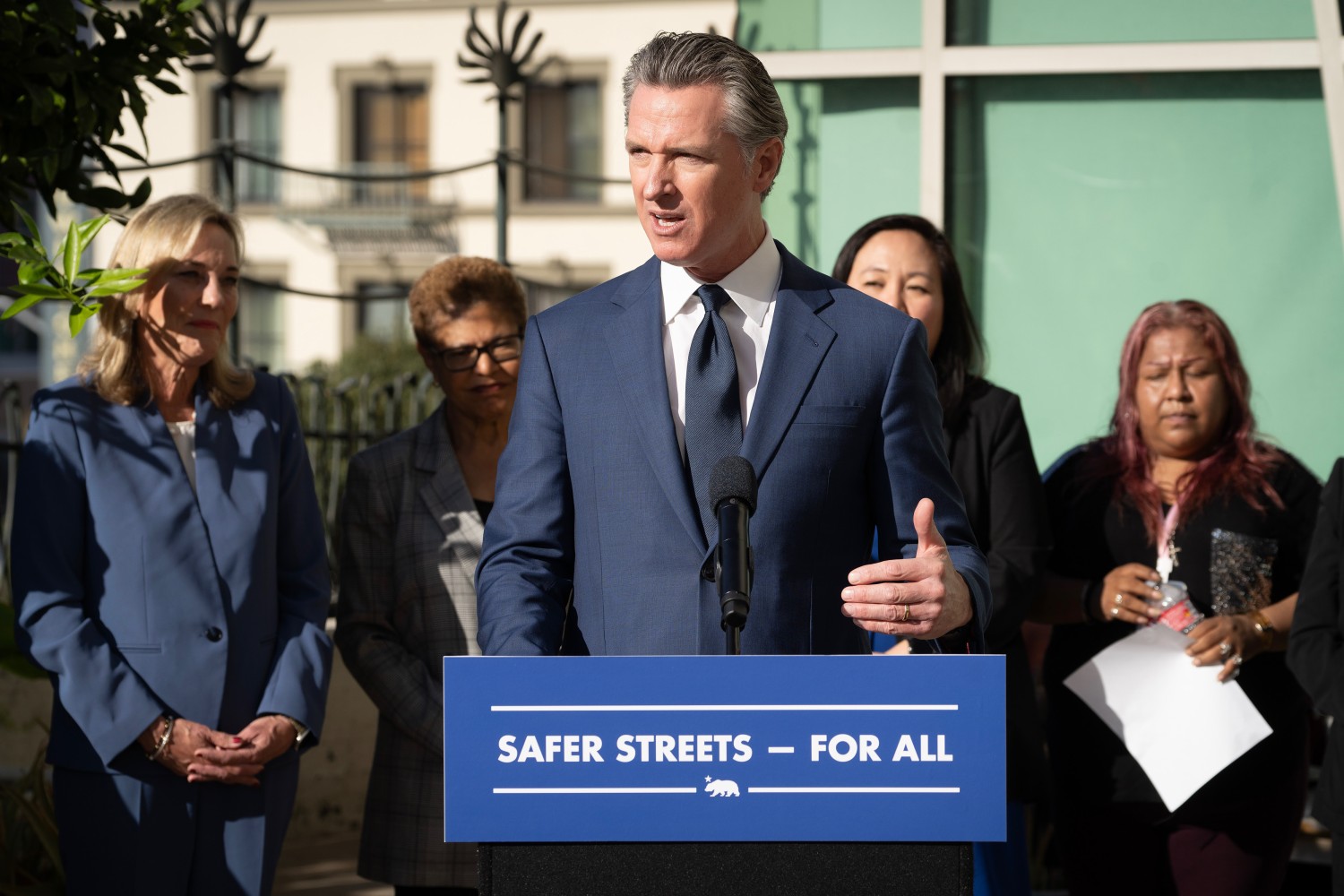The Laws Cover Various Aspects of Society, From Education to Property
California Governor Gavin Newsom, in a recent news release, boasted a series of new laws set to take effect in 2025, aimed at strengthening civil rights protections and fostering a more inclusive environment for residents.
“California’s new laws tackle today’s biggest emerging challenges head-on. Through partnership with the Legislature, we’re strengthening public safety, building more housing, and providing more resources for our communities,” said Newsom in the release. “These practical reforms protect what matters most while creating more opportunities for all Californians.”
Among the key legislation is Assembly Bill 2867, authored by Assemblymember Jesse Gabriel (D-Encino), which will assist Holocaust survivors in recovering stolen art and personal property. The bill was signed by Governor Newsom earlier this year at the Holocaust Museum LA.
Another significant bill, AB 1821 by Assemblymember James Ramos (D-San Bernardino), mandates that California students learn about Native American perspectives, particularly during historical periods such as Spanish colonization and the Gold Rush. The law aims to provide a more inclusive and accurate portrayal of California’s history.
AB 1825, authored by Assemblymember Al Muratsuchi (D-Torrance), prohibits public libraries that receive state funding from excluding books based on a book’s subject, author, or intended audience’s race, nationality, religion, gender identity, sexual orientation, disability, socioeconomic status, or political affiliation. This legislation aims to protect intellectual freedom in public libraries across the state.
Additionally, Senate Bill 1137, authored by Senator Lola Smallwood-Cuevas (D-Los Angeles), and AB 1815, authored by Assemblymember Akilah Weber (D-San Diego), work to expand civil rights protections by recognizing and addressing multiple forms of discrimination. These laws also protect traits related to race, such as hair texture and protective hairstyles, reflecting a growing movement to recognize the importance of diverse identities in the state’s legal framework.













